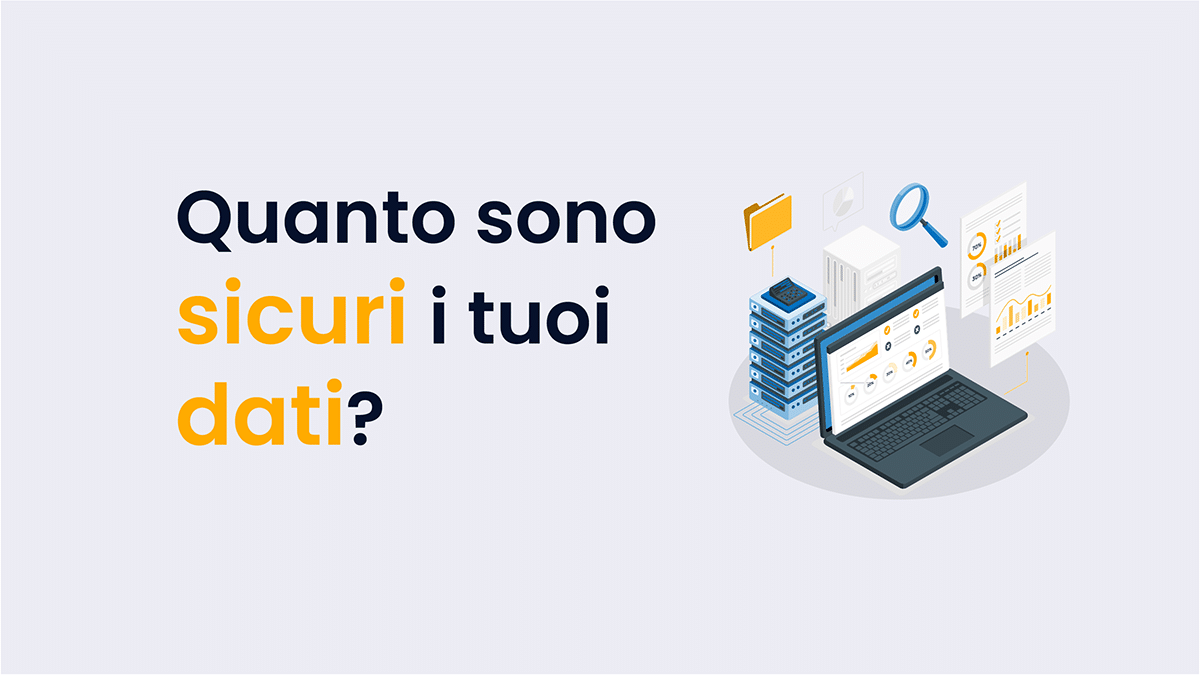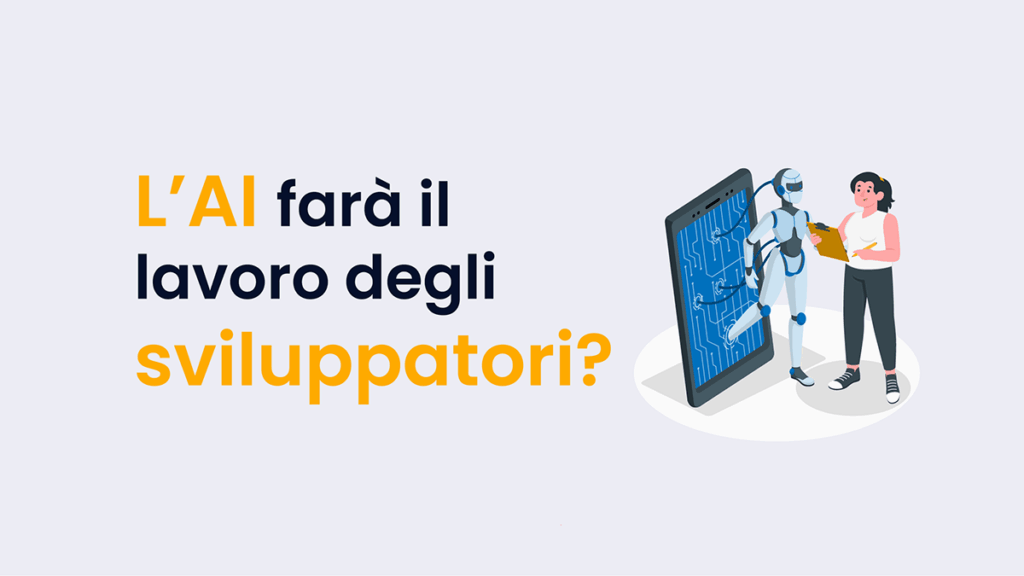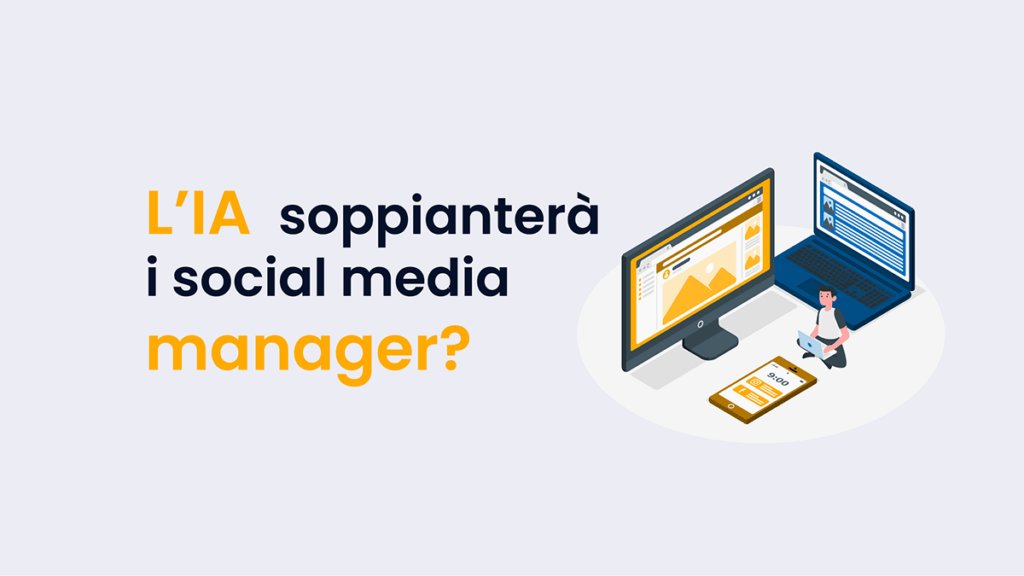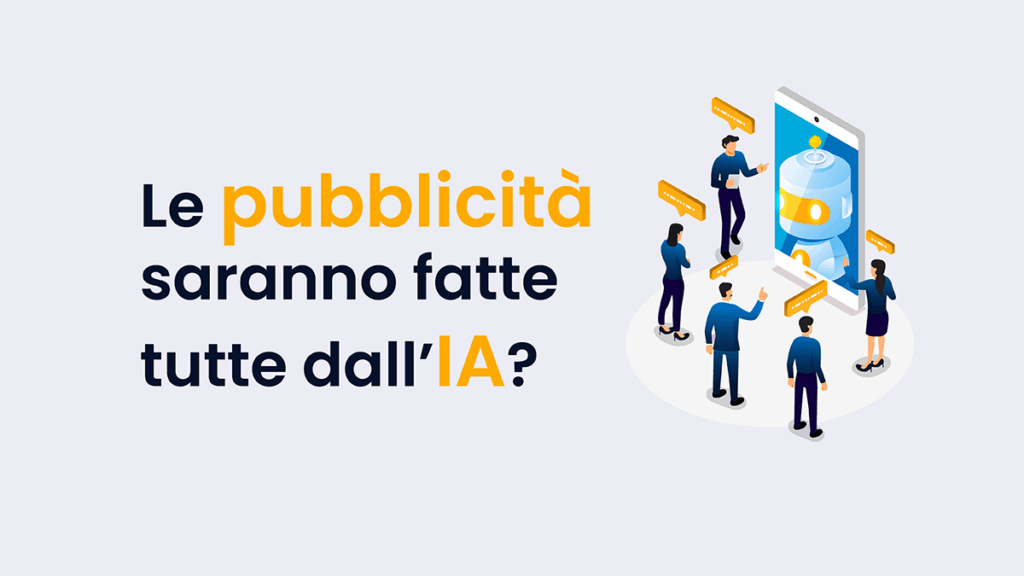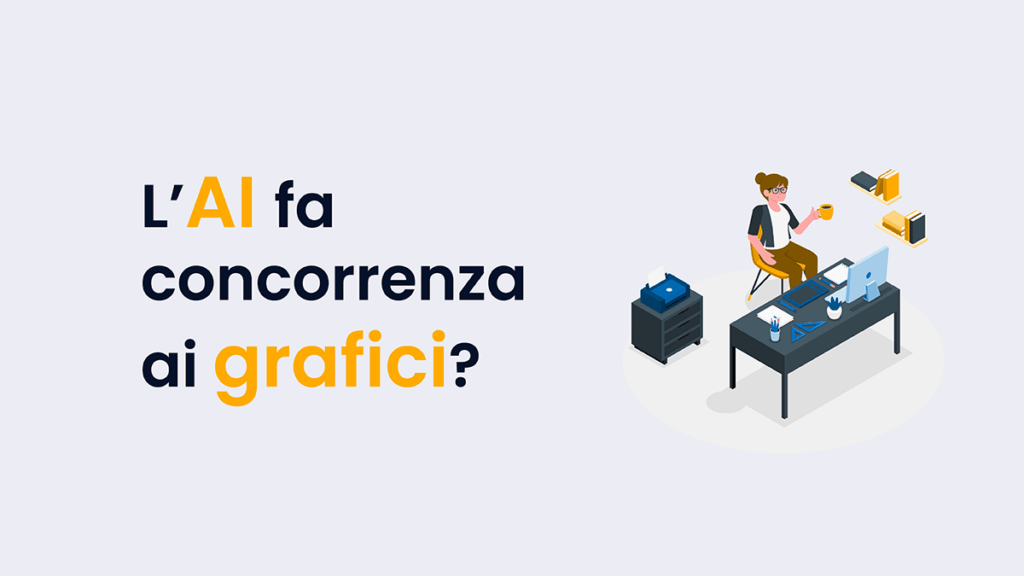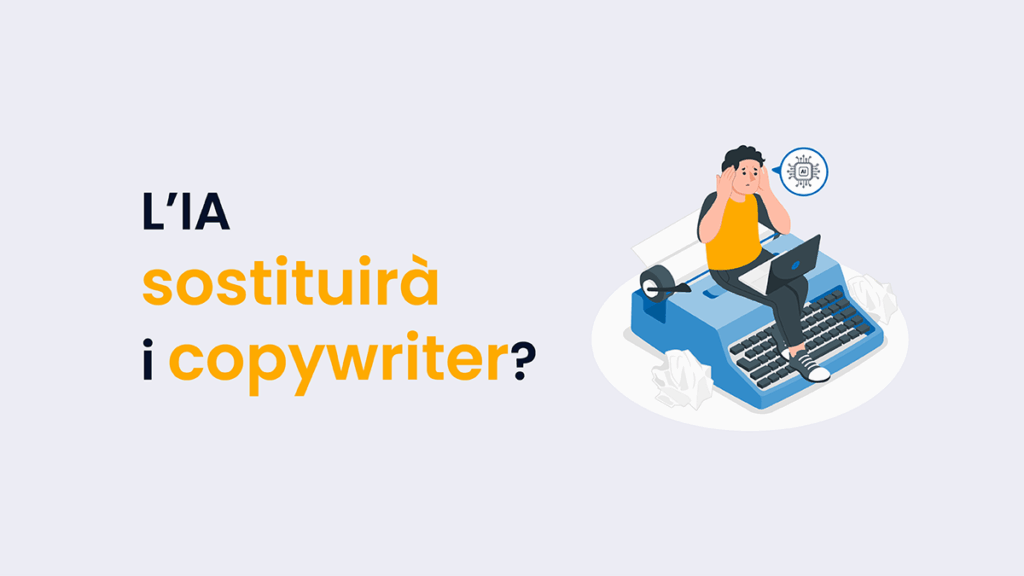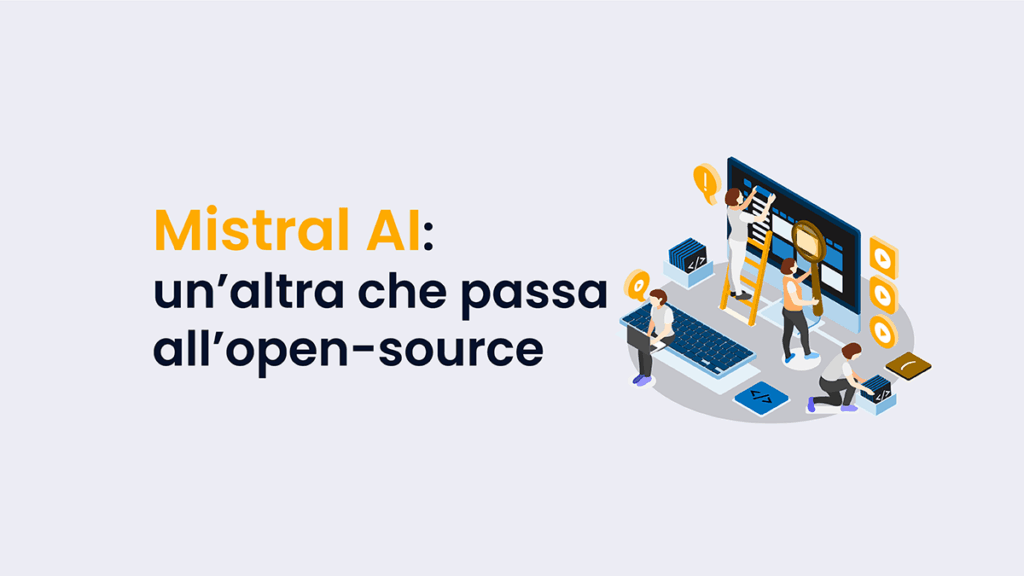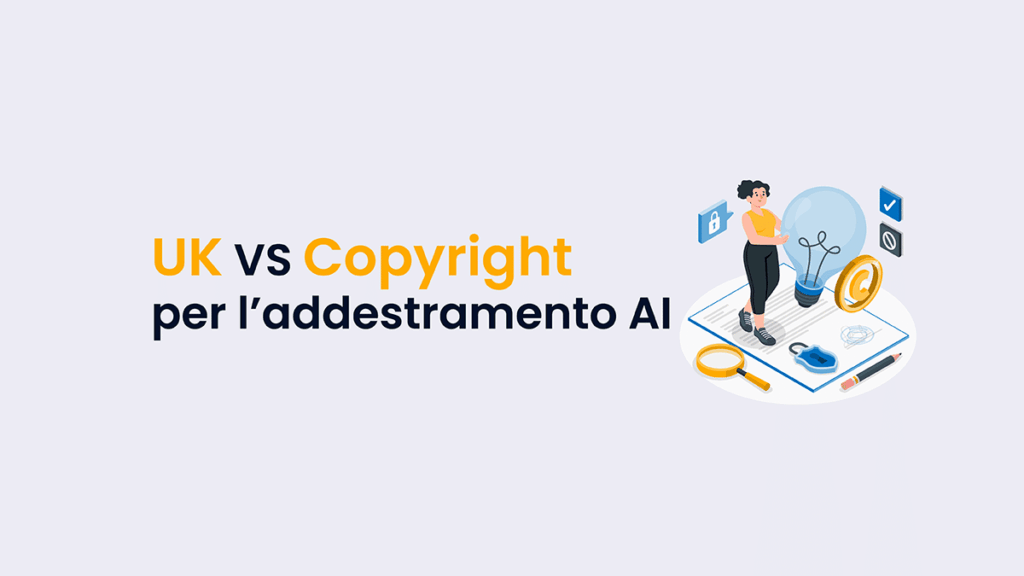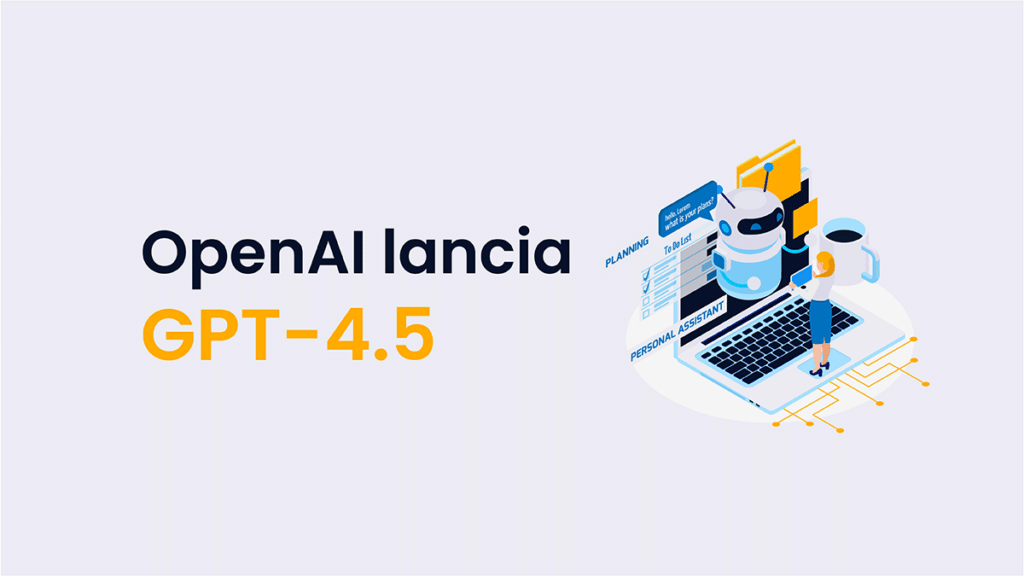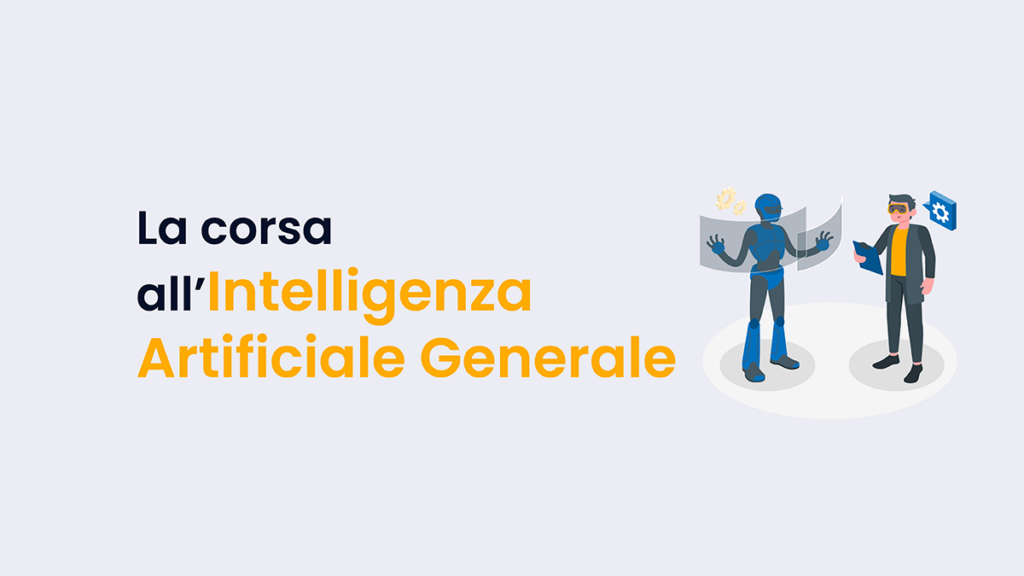La sicurezza dei dati personali oggi è un tema più attuale che mai. Attraverso il semplice utilizzo di piattaforme social, infatti, si viene facilmente e immediatamente profilati. È per questo che il nostro feed è adattato alle nostre preferenze. I dispositivi, soprattutto i nostri smartphone, contengono messaggi, indirizzi mail, numeri, attività online, posizioni geografiche… dati che che si interconnettono con le applicazioni che utilizziamo. Le IA utilizzate per raccogliere e interpretare i dati diventano sempre più veloci, efficaci e precise.
Chiunque di noi almeno una volta si è domandato: i miei dati personali sono al sicuro? Per cosa vengono utilizzati? Quali sono le conseguenze di questi utilizzi? Come posso difendermi da utilizzi illeciti? Quali leggi mi tutelano?
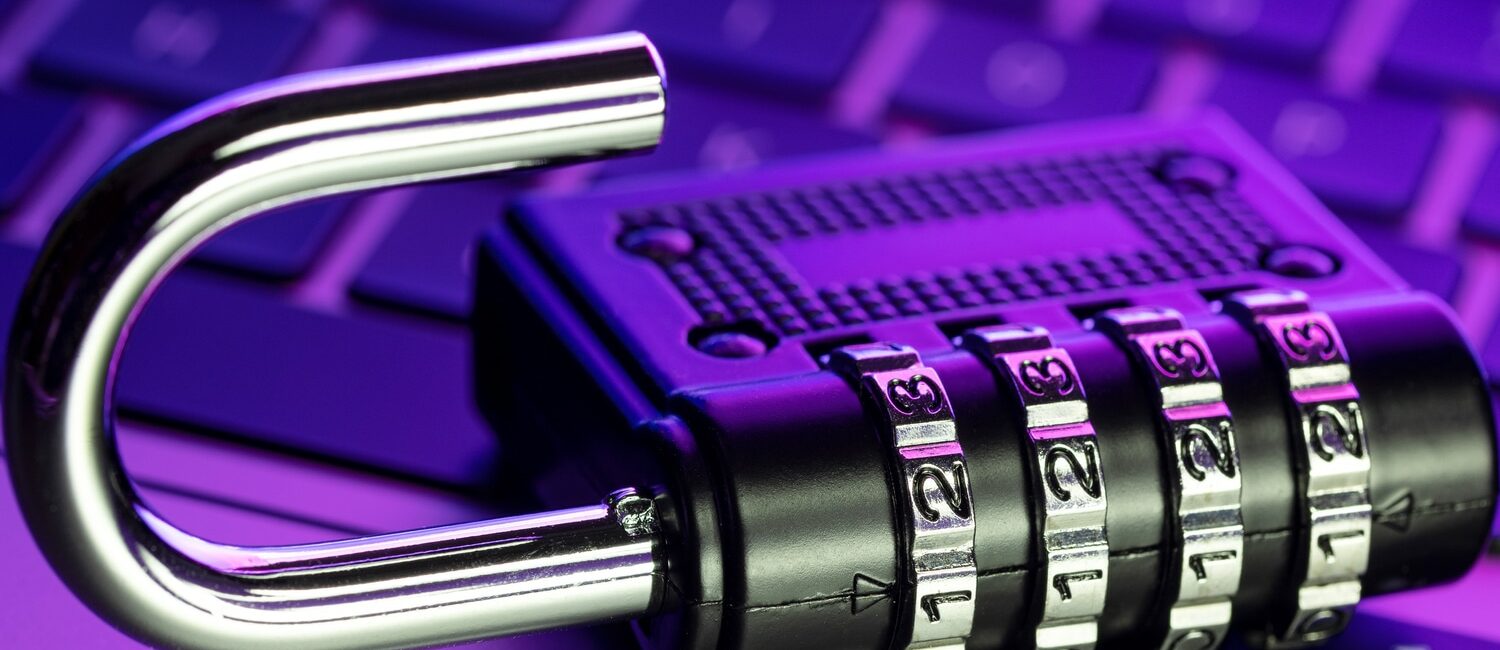
Indice dei contenuti
IA e gestione dei dati personali: vantaggi e rischi
Molte piattaforme infatti utilizzano algoritmi avanzati basati sull’IA per analizzare i dati degli utenti in tempo reale sui social. Questi algoritmi non solo aiutano a personalizzare il feed di notizie, ma si utilizzano anche per la sicurezza. Ad esempio si rilevano tentativi di hacking e accessi non autorizzati.
Fin qui sembra tutto a tutela e a favore di un’esperienza personalizzata. Ma ovviamente ci sono dei rischi.
Gli algoritmi possono essere vulnerabili a deepfake o all’uso di bot che influenzano le opinioni pubbliche. Inoltre, la trasparenza su come l’IA utilizza i dati personali è spesso limitata. Questo rende difficile per gli utenti comprendere completamente l’estensione della sorveglianza a cui sono soggetti.
Scopi principali della raccolta dei dati personali
- Targeting pubblicitario.
- Miglioramento dell’esperienza utente.
- Addestramento di modelli di intelligenza artificiale.
- Vendita di dati a terze parti.
- Analisi delle tendenze.
- Monitoraggio della sicurezza.
Le violazioni della privacy più comuni sui social media
Le violazioni della privacy sui social media non sono rare. Spesso si manifestano sotto forma di condivisione non autorizzata di dati o attacchi hacker. Un esempio famoso è stato lo scandalo di Cambridge Analytica. Un altro, più recente, è stata la causa intentata contro Google per la navigazione in incognito. Appena 4 anni fa, inoltre, un attacco informatico a Twitter ha compromesso gli account di Elon Musk e Barack Obama.
Consigli per proteggere i tuoi dati personali online
- Limita la condivisione di informazioni personali come indirizzo, numero di telefono e informazioni finanziarie.
- Usa l’autenticazione a due fattori.
- Prendi in considerazione di utilizzare una VPN.
- Verifica e modifica chi può vedere i tuoi post sui social e chi ha accesso alle tue informazioni personali.
- Informati su come le piattaforme utilizzano i tuoi dati e quali informazioni vengono condivise con terze parti.
- Se non ti è necessario riduci l’integrazione tra diverse piattaforme.
- Aggiorna regolarmente le tue password.

Normative europee e internazionali per la protezione dei dati
In Europa abbiamo il Regolamento Generale sulla Protezione dei Dati (GDPR).
Parliamo di uno dei provvedimenti più avanzati per la tutela della privacy online. In buona sostanza questo regolamento stabilisce che le aziende devono ottenere il consenso esplicito degli utenti prima di raccogliere e utilizzare i loro dati personali. In più prevede che gli utenti hanno il diritto di sapere quali dati vengono raccolti e possono richiederne la cancellazione in qualsiasi momento.
Negli Stati Uniti invece non esiste una legge federale equivalente al GDPR. Le normative sulla privacy variano da stato a stato, e questo può generare gap e ambiguità. In Asia, infine, in generale le leggi sulla privacy sono ancora in via di sviluppo. In Giappone ci sono normative simili al GDPR. In Cina, al contrario, ci sono approcci un po’ più intrusivi.
Da notare come queste differenze da un continente all’altro, per quanto riguarda piattaforme social mondiali, possono generare incongruenze che necessitano di maggiore attenzione.
Quindi quanto sono al sicuro i tuoi dati personali?
Tirando le somme possiamo concludere che, nonostante ci siano normative come il GDPR, esistono zone grigie. Come ci si tutela quindi? Dipende molto dalle accortezze che prendiamo e dalle scelte che facciamo. Se segui le accortezze che ti abbiamo indicato sopra, riduci significativamente la possibilità che i tuoi dati personali siano violati. In altre parole: meno condividi, meno c’è da violare. Quindi considera attentamente cosa vale la pena condividere e cosa no.
